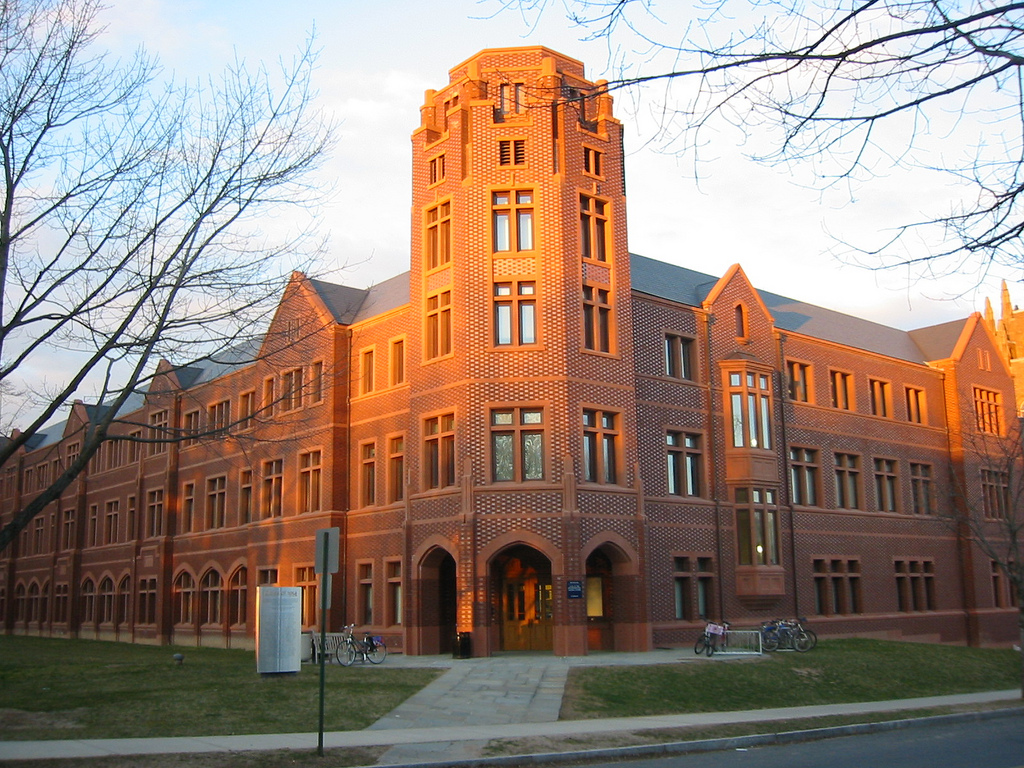
| Degree | Masters |
|---|---|
| Teaching Language | English |
| Course duration | Full Time - 2 years |
| Tuition Fees Amount | 1500 €/ Sem |
| Additional Information On Tuition Fees |
|
| Semester | |||
|---|---|---|---|
| Non-European | App. Start | Deadline | Description For Semesters Dates |
| Winter | - | 15 Mar | - |
| European | |||
| Winter | - | 15 Jul | - |
| Application Deadline |
|
|---|---|
| Website | Course Website |
| Scholarship | Yes |
| More Information On Beginning Of Studies | • Winter semester studies starts in October every year. • International students must plan their visa application accordingly. |
| Course duration | Full Time - 2 years |
|---|---|
| Language | English |
| Semester | |||
|---|---|---|---|
| Non-European | App. Start | Deadline | Description For Semesters Dates |
| Winter | - | 15 Mar | - |
| European | |||
| Winter | - | 15 Jul | - |
| Course Website | ||
|---|---|---|
| Description/content |
The production of quantitatively sufficient food and access to high-quality food are globally anchored in the Sustainable Development Goals. Continued population growth, climate change, and increased resource use threaten food and nutrition security and thus the livelihoods of millions of small farmers. Only with an interdisciplinary effort based on evidence-based, scientific knowledge can a paradigm shift towards agroecological, sustainable, and highly productive agriculture be achieved that will secure these farmers their livelihoods and people their food in the long term.
|
More Information On Beginning of Studies | • Winter semester studies starts in October every year. • International students must plan their visa application accordingly. |
| Other | More information about the individual modules can be found in the module descriptions.
In the second year of study,
|
|
| Tuition fees | Varied |
|---|---|
| Tuition fees amount | 1500 €/ Sem |
| Additional information on fees |
|
| Semester contribution | • Universities in Baden-Württemberg require their students to pay a semester contribution towards the administration costs, for student services and for the Student Parliament. • Student services provide many benefits, such as discounted tickets for public transportation. • The semester contribution amounts to approx. 185 EUR per semester. |
| Costs of living | • Students spend around 750 € to 850 € per month on living costs. • The costs of rent, food, clothing, travel and cultural activities is slightly higher than the EU average. • The largest expense is rent. So costs will change where you choose to live. • You should try and get university Dom at earliest. |
| Scholarships | Yes |
| Academic admission requirements |
|
|---|---|
| Language requirements |
|
| Document Required |
|
| Application deadline |
|
| Submit Application To | For online application, please Click Here. |
| Possibility of finding part-time employment |
|
|---|---|
| Accommodation | Yes |
| Accommodation Details | Please check with university after you get an admission. |
| Supervisor-Student Ratio | - |
| About University |
|
|---|---|
| Profile | - |
| Logo | - |